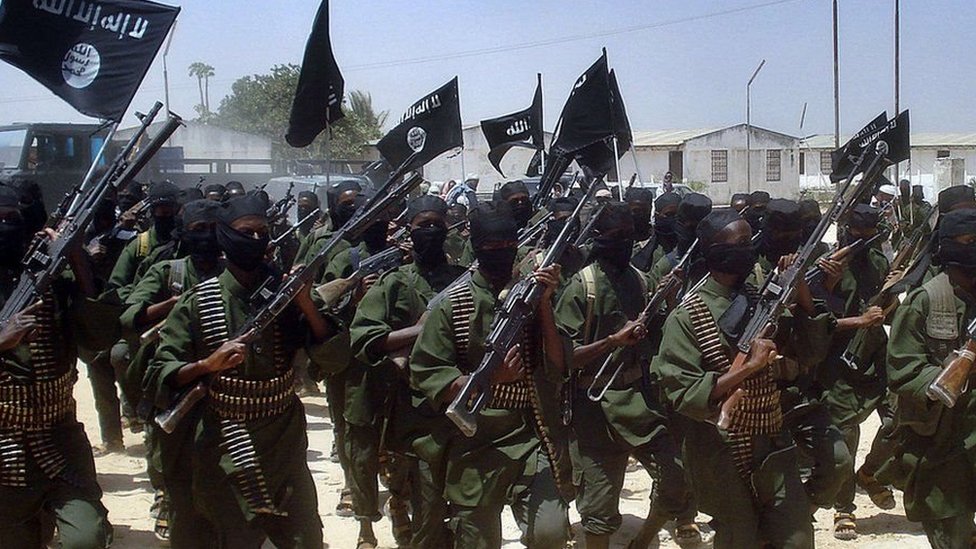
STRATEGIC ASSESSMENT. Three Houthi leaders were simultaneously named as ‘specially designated global terrorists’ (SDGTs). The Trump administration had been considering the FTO designation for several months, but had refrained from doing so due to opposition from international diplomats and aid agencies who argued that the move would hinder delivery of humanitarian assistance and complicate negotiations to end the conflict in Yemen. The FTO designation makes criminal the provision of ‘material support’ (funding, donations, etc.) to an FTO and will likely deter international engagement with the Houthis, who control major ports of entry into Yemen. Secretary Pompeo sought to mitigate criticism of the designation by stating that the Treasury Department would issue ‘licenses and guidance’ that would ‘reduce [the impact of the designation] on certain humanitarian activity and imports into Yemen.’ Such mechanisms have been used elsewhere, like Somalia, but many aid agencies argue that these do little to facilitate the delivery of timely assistance. Moreover, they have raised concerns that the “chilling effect” of counterterrorism measures on local partners diminishes humanitarian access and capacities in the field. The International Committee of the Red Cross has just also issued a statement cautioning about the negative impacts of counterterrorism measures on humanitarian assistance. Approximately 80 percent of Yemen’s population—some 24 million people—rely on humanitarian aid, and the United Nations considers Yemen to be the world’s worst humanitarian crisis.
The Trump administration justified its decision, in large part, based on the December 30, 2020 attack on the airport in Aden, apparently perpetrated by the Houthis. The rocket attack appeared to target members of the newly formed Yemeni government arriving at the airport, but it killed at least 26 people. The attack helped the State Department rebut critics who argue that the Houthis have not generally committed deliberate acts of violence against civilians. The State Department stated that the move was also an attempt to ‘free [Yemen] from Iranian interference.’ Yet, the sanctions imposed as a result of the designation are unlikely to deprive the Houthis of a steady supply of Iranian weapons, including short range ballistic missiles. Additionally, there are no indications that the designation will enable the Saudi-led Arab coalition backing the Yemen government to roll back Houthi forces. The Houthis control roughly 40% of Yemen’s territory and an estimated 70% of Yemen’s population, including its capital, Sanaa. The added value of a terrorist designation remains unclear in this case. In some cases, where unilateral sanctions are enhanced by international action, sanctions may assist states in holding terrorist groups accountable and improving investigations and prosecutions. However, these projected outcomes need to be balanced with humanitarian imperatives, and against the backdrop of a complex framework on international legal obligations on counterterrorism and international humanitarian law.
With little likely practical effect on Houthi military capabilities, the designation appears intended mainly to disrupt the Biden administration’s plans to distance the United States from Saudi Arabia and the UAE and to impact future policy on Iran. By associating the Houthis with Iran’s efforts to project power throughout the region, the designation hopes to stoke opposition to the Biden administration’s intent to rejoin the 2015 multilateral Iran nuclear deal that President Trump abrogated in 2018. Secretary Pompeo has been the primary implementer of the Administration’s ‘maximum pressure’ campaign. He and other Trump administration officials have argued that the Biden administration should not return to the nuclear deal, which would require lifting U.S. sanctions on virtually every sector of Iran’s economy. Yet, the maximum pressure strategy has failed to prevent Iran from nurturing the Houthis into a proxy war with which to pressure Saudi Arabia and threaten international shipping in the vital Bab el Mandeb strait. Iran has supplied the Houthis with drones and missiles that it has fired regularly at airports, oil facilities, and other infrastructure in the Kingdom, as well as sea-skimming coastal cruise missiles that it has fired on ships in the Strait.
The designation also appears intended to hinder efforts by the Biden administration to assume a more cristical posture toward Saudi Arabia and the United Arab Emirates. Both countries have been on the receiving end of significant criticism from members of Congress, human rights groups, and humanitarian organizations for contributing to the humanitarian consequences of the Yemen conflict. The criticism, coupled with the lack of military progress, caused the UAE to withdraw its ground forces in 2020; nonetheless, UAE forces remain in southern Yemen, and the UAE backs the Saudi hardline on a potential peace settlement that gives the Houthis a significant share of power in Yemen. The Trump administration has been aligned with both governments for their hardline stances on Iran and for their willingness to build ties with Israel. As Inauguration day draws closer, the Biden administration will have the authority to revoke the FTO designation. However, doing so requires a lengthy inter-agency evaluation and would take several months, at least, by which time the humanitarian situation in Yemen will likely worsen (TSC).





